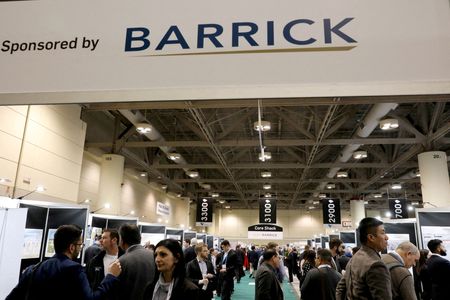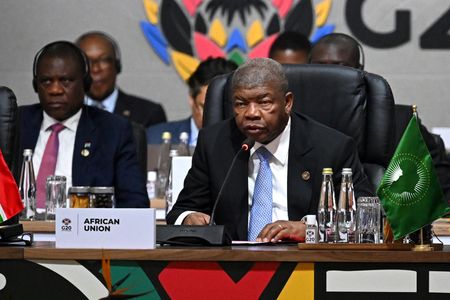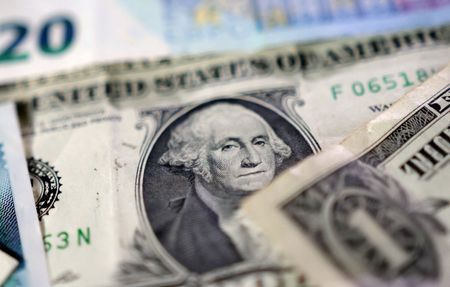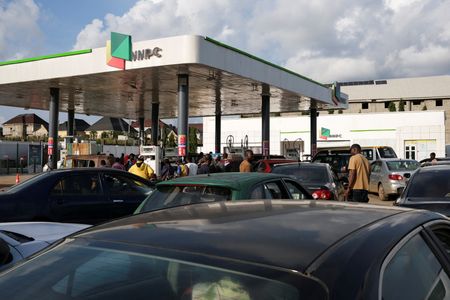ACCRA (Reuters) -Ghana’s central bank is considering another interest rate cut after inflation fell faster than anticipated, leaving real borrowing costs at elevated levels that could constrain the economy’s recovery, the central bank governor said on Monday.
The bank’s Monetary Policy Committee (MPC) slashed its main interest rate by a record 350 basis points to 21.5% at its last meeting in September, citing a sustained fall in inflation.
Johnson Asiama said on Monday in his opening remarks at the rate-setting MPC that sharply rising real interest rates presented a key challenge even as the economy showed its strongest fundamentals in years.
The Bank of Ghana has cut its policy rate in the last two consecutive meetings as inflation eased from crisis levels. Its next rate decision is expected on Wednesday.
Asiama said consumer inflation was likely to settle between 4-6% by year-end before stabilising around the target band of 8% with a margin of error of 2 percentage points either side in 2026, showing that Ghana was entering what could become a multi-year period of price stability.
“As inflation declines faster than projected, real interest rates have risen sharply. Staff analysis shows scope for gradual easing, but the balance must preserve credibility and avoid undermining the disinflation gains,” he said.
He said Ghana’s economy was moving from recovery to expansion following its worst crisis in a generation.
Economic growth was 6.3% in the first half of 2025 and international reserves at $11.41 billion – the highest in years – while its cedi currency has remained broadly stable.
(Reporting by Emmanuel Bruce; Editing by Bate Felix and Tomasz Janowski)









